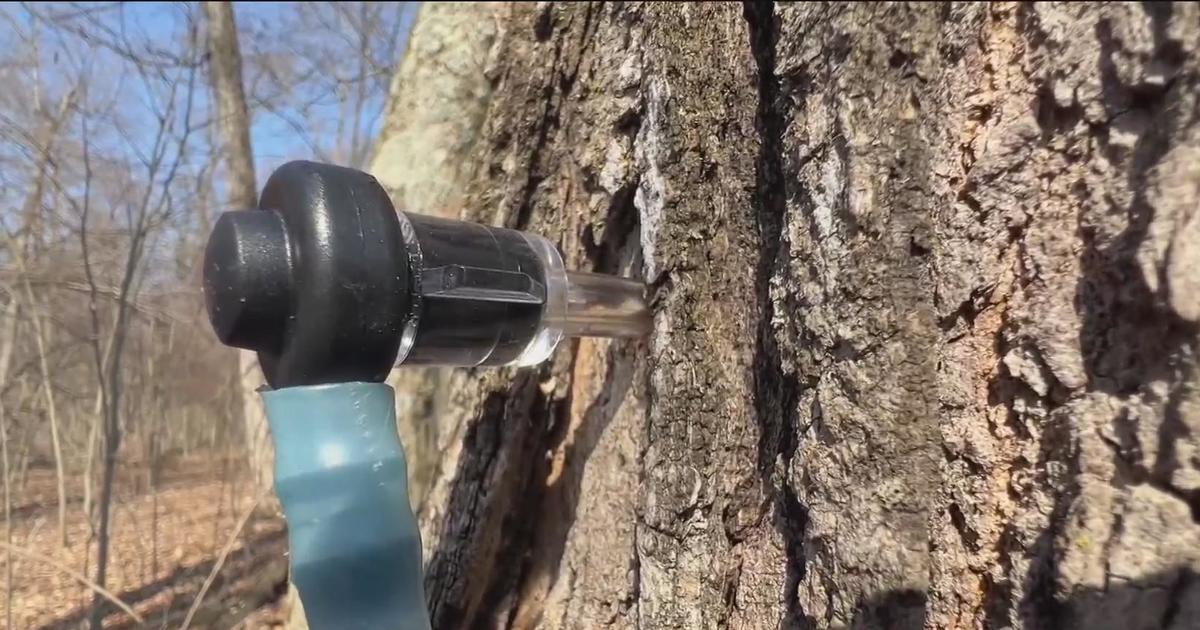Search Finds No Asian Carp In Western Lake Erie
TRAVERSE CITY (AP) - No invasive bighead or silver carp turned up during a search of western Lake Erie, where the fish's genetic fingerprints were detected in water samples taken a year ago, officials said Thursday.
Federal and state crews used electric stunning devices and gill nets this week to land a variety of fish in the Sandusky and Maumee rivers and the bays where they flow into Lake Erie. They caught common carp, largemouth bass, gizzard shad and other species - but no Asian carp.
That doesn't necessarily mean the earlier discovery of Asian carp DNA in the lake was a false alarm, said Rich Carter, executive administrator for fish management and research with the Ohio Department of Natural Resources. But "if these fish are present, their numbers appear to be very low," he said.
The Ohio and Michigan natural resources departments teamed with the U.S. Fish and Wildlife Service on the mission after scientists announced last month that water samples taken in August 2011 had tested positive for Asian carp DNA. There were four hits for bighead carp in water from Sandusky Bay and two for silver carp in Maumee Bay samples.
It was the first time DNA from Asian carp has been found in Lake Erie, although three bighead were caught there between 1995 and 2000. Scientists repeatedly have detected genetic material from silver and bighead carp in Chicago-area waterways near Lake Michigan, although just one actual Asian carp has been found beyond an electric fish barrier 37 miles south of the city.
DNA can be present in feces, mucous and scales that fish leave in the water. Scientists say DNA findings suggest the presence of live fish but don't indicate how many there are.
"At this point, there is no evidence that we have a reproducing population of silver or bighead carp in Lake Erie," said Tammy Newcomb, fisheries research program manager with the Michigan DNR.
Bighead and silver carp have infested the Mississippi River and its tributaries. Government agencies have spent more than $100 million on efforts to keep them out of the Great Lakes, where scientists say they could unravel food webs by gobbling plankton on which other fish rely.
Agencies will continue monitoring western Lake Erie. Teams collected 500 water samples last week from areas where the positive samples were taken last year - and other places the carp likely would find hospitable, Newcomb said.
Specialists with the U.S. Army Corps of Engineers will analyze them for signs of Asian carp DNA over the next five weeks, Carter said.
© Copyright 2012 The Associated Press. All Rights Reserved. This material may not be published, broadcast, rewritten or redistributed.



